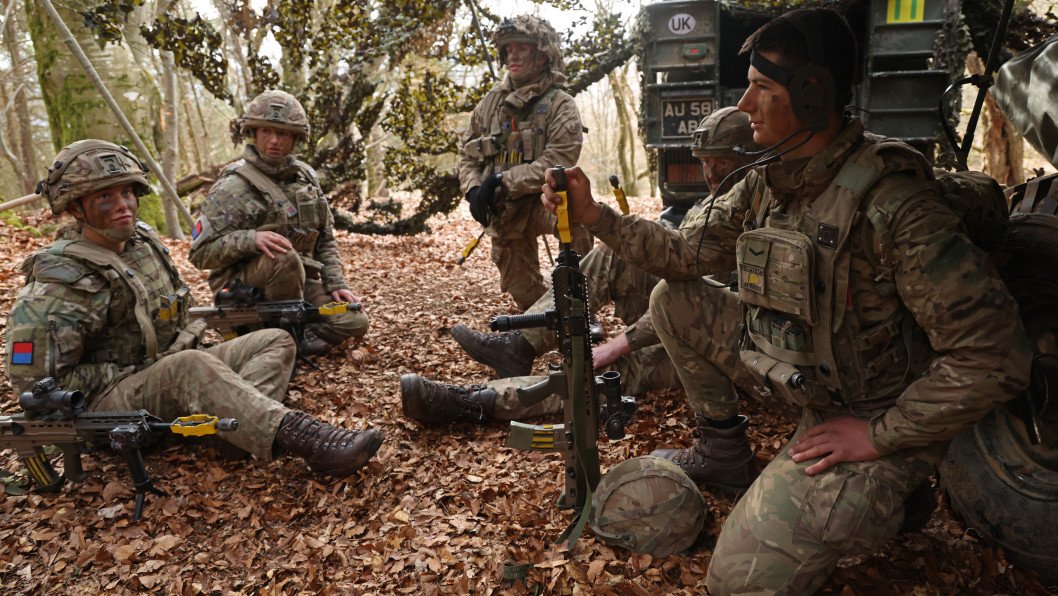Experts have urged that the United Kingdom’s Global Combat Air Programme (GCAP) receive full and sustained funding to meet emerging security threats posed by increasing military cooperation between Russia and China, according to the UK Defence Journal on November 4.
Speaking before the House of Lords International Relations and Defence Committee, Dr. Sophy Antrobus of King’s College London said Britain lacks a credible alternative to participation in international fighter jet programs.
“If we did not have the F-35 programme, we would not have a fifth-generation aircraft, end of,” she stated, emphasizing that lessons learned from the F-35 project are shaping the development of the sixth-generation GCAP aircraft.
-c3c84e82ac10290cb8a9af723951ff2b.jpg)
Antrobus added that withdrawal from such initiatives would lower the UK’s strategic standing within NATO. “There is not an equivalent alternative,” she said, warning that opting out would leave the country with diminished global influence.
Dr. Justin Bronk of the Royal United Services Institute described the next decade as “an acute period of risk,” citing Russia’s ongoing military buildup despite its heavy losses in Ukraine. He said European states need to strengthen ammunition supplies and airpower capabilities to avoid dependence on US intervention during potential future crises.
Bronk estimated that GCAP could cost between £80 billion and £100 billion across its three partner nations by 2030 but noted that the program would generate substantial returns for the UK economy through domestic defense industries.
He also pointed to Japan’s central role in developing GCAP’s advanced features, given its proximity to China. “The counter-air capabilities of the People’s Liberation Army today are almost incomparably greater than Russia’s,” he said, adding that Chinese weapons and sensors are likely to appear in Russian forces by the time GCAP’s Tempest fighter enters service in the 2030s and 2040s.

Bronk cautioned that conflicts involving Russia or China could trigger simultaneous crises. “If China and the United States end up in a clash over Taiwan, the US will pull capability out of Europe,” he said. “Equally, if war breaks out between Russia and NATO, the Chinese might decide that they will never get a better chance to go for Taiwan.”
He concluded that the UK and its European allies must treat GCAP and broader rearmament as strategic imperatives to deter aggression in both the Euro-Atlantic and Indo-Pacific regions.
Earlier, the United States began sharing top-secret intelligence on Chinese and Russian space operations with the United Kingdom and other Five Eyes partners. The move marked a major shift in policy, allowing British officers access to the US Space Force’s orbital warfare unit, Space Delta 9, amid rising concerns over Beijing’s and Moscow’s expanding military capabilities in space.
-f223fd1ef983f71b86a8d8f52216a8b2.jpg)
We report from the front lines to show the reality of war. Your support helps us stay there and tell the stories that matter.





